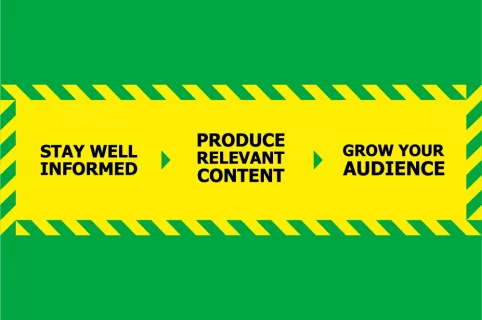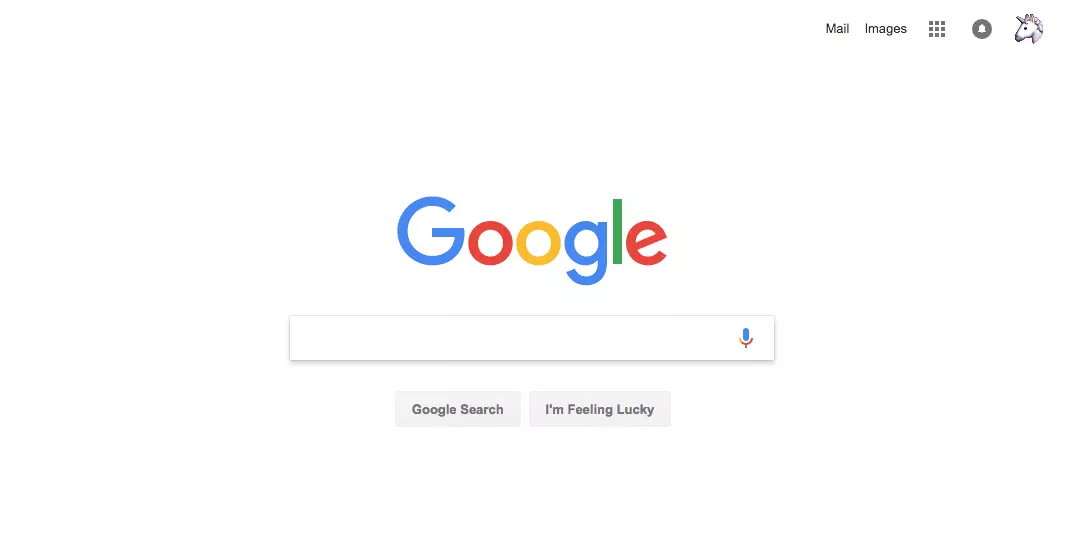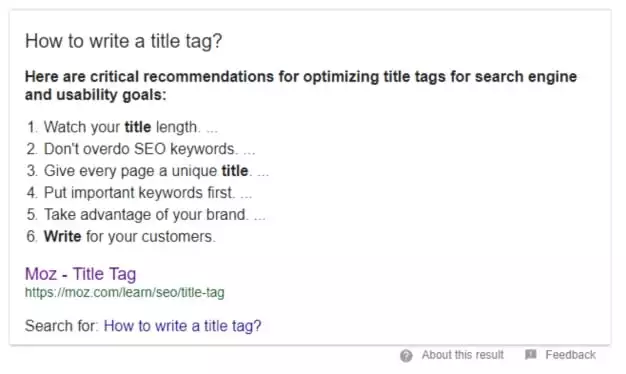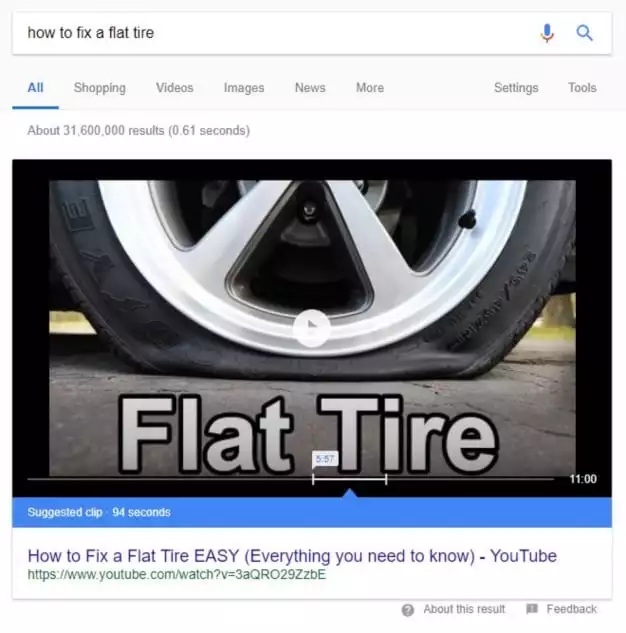
4 mins
OpenContent Marketing In The Time of COVID-19
6 mins
Words. Every page needs them. But just how many are required to optimise a page for SEO while maintaining good user experience? We answer a topic businesses and SEO agencies often think about when creating web pages.
4th June 2018

When writing for SEO, you have two audiences: your readers, and Google.
Words. Every page needs them. But how many of them? This is a topic businesses often think about when creating web pages. It’s also a common query in SEO, when writers are looking to write service pages and blog posts that are exactly the “right” length.
Frustratingly, there is no “correct” length for a landing page, but word count can have an effect on rankings. On the bright side, there are ways to gauge what might be an effective word count for SEO, which we’ll explore here.
When writing for SEO, you have two audiences: your readers, and Google. To appeal to readers, you need to answer their queries, provide them with useful information, and write in an engaging way. To appeal to Google, you need to do pretty much the same thing.
Google’s search algorithm is engineered specifically to connect readers with the content that they need most, so in theory both audiences completely overlap. Rather than following special rules or stuffing pages full of keywords, SEO writing is all about figuring out exactly what users want and giving it to them.
When inbound marketing experts Hubspot carried out a huge study of organic search traffic and page word count, they found that 2,250–2,500 words is the “sweet spot” at which blog posts bring in the most readers. Hubspot’s definition of a blog post is unclear, but there are a few takeaways from their findings that fit what we know about content length.
Longer word counts give you more of an opportunity to use keywords, but stretching a page out beyond its natural length is bad for user experience, and therefore bad for SEO. A reader wants to be informed, not feel like the writer is rambling to the point.
If longer pages always ranked better, you’d just get people adding extra words to pages for no reason. Like this. And this. And this. Until they reached that golden number of 2,250. But with more words on a page, you would hope that the page was more informative, it has room to say more.
The best way to approach word count is to look at what kind of page you are creating, and decide how many words that page needs in order to serve the user’s intent. As a general rule: never add copy just for the sake of it, or as filler. If it doesn’t have a clear purpose, leave it out. The purpose of a page becomes clearer when you consider the type of page it is, such as the Home page, or a service page, as opposed to a guide or blog post.
If you have enough brand recognition, your homepage doesn’t need any words at all. Just look at the Google homepage. In most cases though, it’s better to have more copy explaining who you are, what you do, and why visitors should consider becoming customers or clients. The Go Up homepage is an example of this.
 Google’s home page search box
Google’s home page search box
As a general rule: never add copy just for the sake of it, or as filler.
It’s also worth considering whether you want your homepage to rank for anything other than your brand name. Since people search regularly for SEO agencies in their nearby vicinity, our homepage is optimised for the query ‘seo agency london’ (among others). You might want to do something like this too, or you may prefer to focus on getting your product or service pages to rank.
A brief examination of the other agencies on page one for ‘seo agency london’ reveals that most of them have around 400 words on their homepages, though they range from 200 to 900. So it’s not a hard and fast rule. Generally, though, this is how many words it takes to introduce an SEO company to a user. And, with any luck, it’s what it takes to get them to pick up the phone.
The optimal word count for a product or service page depends heavily on the products and services you are offering.
Generally, e-commerce websites will keep copy to a minimum on product pages. H&M’s Turtlenecks page, which currently ranks first for the term ‘turtlenecks’, has just 34 words. A product page for one of those turtleneck jumpers has just a 26-word description and some assorted smallprint.
On the other hand, Amazon’s page for an Echo smart speaker, which unsurprisingly ranks first for ‘amazon echo’, runs to almost a thousand words of product description and technical detail.
Though both pages include pictures, it’s clear that potential Echo buyers are far more interested in the functionality and inner workings of the smart speaker than H&M shoppers are in the nitty gritty of a turtleneck jumper. They just want to see what it looks like.
 Pretty sharp!
Pretty sharp!
You can’t draw broad lessons from either of these examples. There may be pieces of technology that shoppers do not need to read much about (electric toothbrushes, cheap headphones, TV remotes), and articles of clothing that they do (wedding dresses, suits, bicycle helmets). Again, it all comes down to serving the user.
There is a lot of variety within blogs and articles, in terms of word count, purpose, and user expectation. A simple news update on your business or industry doesn’t have to be long because you don’t need the page to rank for anything. It’s there to keep regular visitors informed, not to bring in new traffic.
A search engine, and a reader, will recognise that a longer guide has a wealth of relevant detail bringing up its word count.
Other kinds of article work better if they are longer. A substantial investigation into, say, article word count will achieve a lot more, SEO-wise, if it is longer. First, it will cover the topic with the depth it deserves, meaning readers are more likely to stay on the page. Second, it will (hopefully) be full of useful information that readers might share or link back to. Third, it will attract new potential clients and customers from organic search. Finally, it will bolster your website with language relevant to your products and services, and, if written and formatted correctly, boost the topic authority of important transactional pages.
This one’s a bit more straightforward than the others. Guides, in general, perform better in search results when they’re longer.
A search engine, and a reader, will recognise that a longer guide has a wealth of relevant detail bringing up its word count. As long as it does. If the guide is unhelpful, or fluffed up with nonsense, readers will notice. And so will Google.
Moz’s guide to using HTML title tags is a whopping 1,700+ words. All of it is useful, helpful information that aids the reader, so it’s no surprise that Google, at the time of writing, has condensed some of the guide’s subheadings into a nifty rich snippet.
 Great work, Moz!
Great work, Moz!
Unsurprisingly, there are exceptions to this rule. Think about what your reader is looking for. If they need instructions for something relatively simple, there’s no need to overwhelm them with thousands of words.
Not technically a page type, but some queries that you’d expect to return a guide page actually return videos. The search ‘how to fix a flat tire’, for example, summons a 50-second clip from the YouTube video How to Fix a Flat Tire EASY (Everything you need to know).
 EASY
EASY
A picture tells a thousand words, as they say, and a moving picture with actual words written over it probably tells even more. Instructions for practical tasks often work much better in a visual format. So if you’re wondering how many words a web page about screwing in a lightbulb needs, the answer is probably zero: make a video instead.
Always have your content serve your audience, and if you don’t know exactly what your audience wants, Google is there to help.
The way you present web page copy can be just as important as how much of it there is. Block text on a page will never grip the reader, no matter how useful and relevant. Just as with the word count itself, there is considerable variation in how best to present a page.
Going back to the London SEO agencies example, nearly all the top ranking homepages have moving text on coloured backgrounds. While this won’t necessarily be a ranking factor in itself, the trend does suggest that it is an effective way to present your words on a homepage, no matter how many there are.
The presentation of a product or service page is equally likely to change depending on what kind of product or service you provide. Our own web design page features more than 500 expertly-laid-out words giving a step-by-step breakdown of what customers can expect.
For contrast, a high-ranking window cleaning company’s abseiling window cleaning page has just 93 words, with page design taking a backseat. Web design is certainly no more complex or detailed than removing dirt from large panes of glass while hanging from a wire, it’s just that customers clearly aren’t as interested in reading about it before making an enquiry, and naturally they don’t need their window cleaners to be able to design good websites.
Blogs, articles and guides are likely to be the most text-heavy web page types, but it’s still important to use formatting and imagery to keep readers interested. Effective methods include:
 This should do just fine.
This should do just fine.
There’s no need to second-guess how many words a web page needs, and how to best lay them out. You can find that out yourself by googling queries you’d like your page to appear for and taking a look at what all the highest-ranking pages look like.
If you find yourself drowning in words, it’s definitely worth planning a long article to match. The same goes for search terms that return short pages or videos. Always have your content serve your audience, and if you don’t know exactly what your audience wants, Google is there to help. After all, that’s probably how you ended up here.